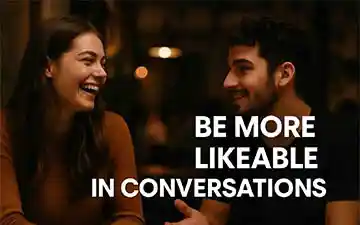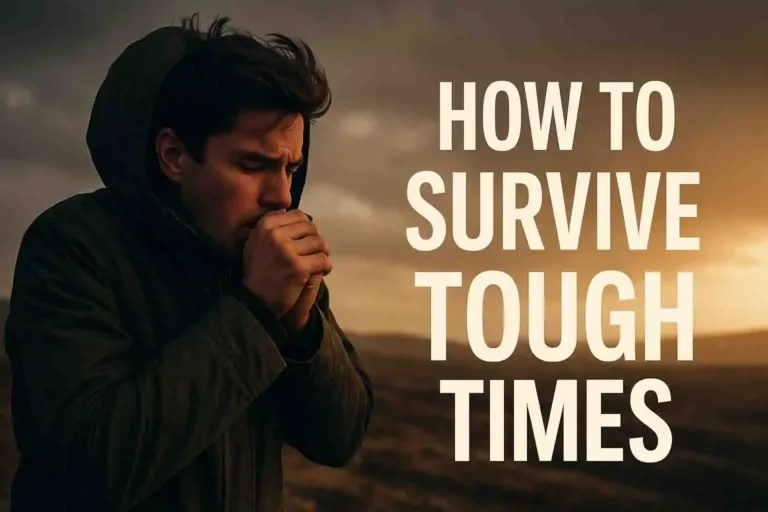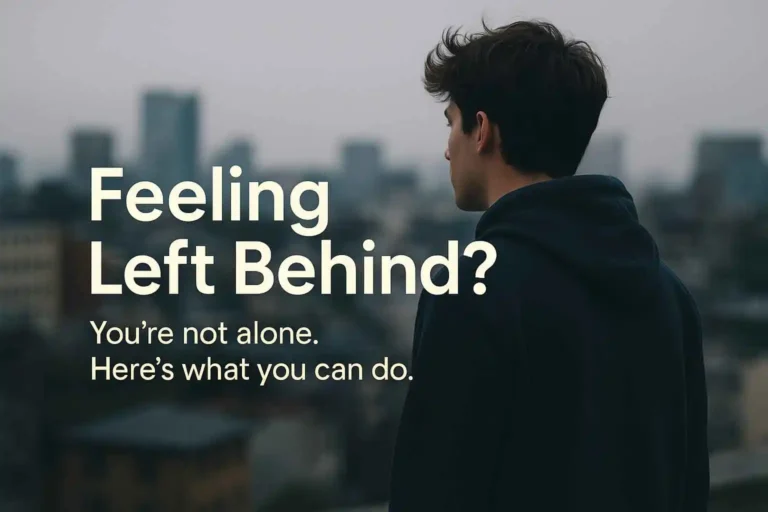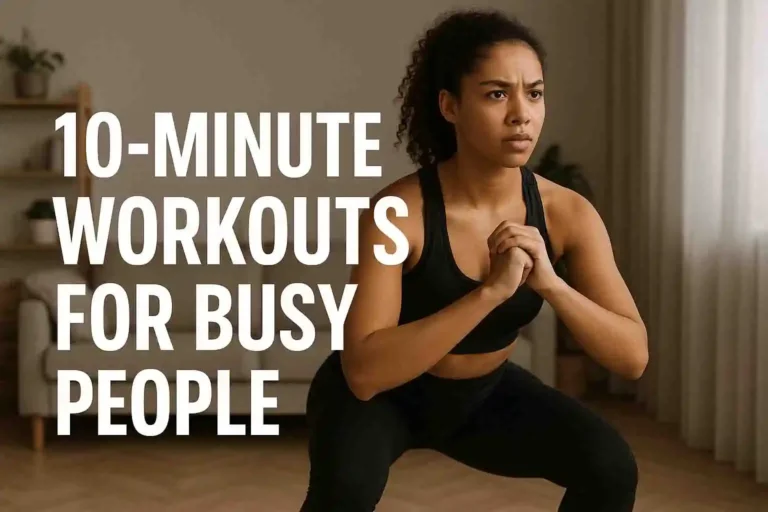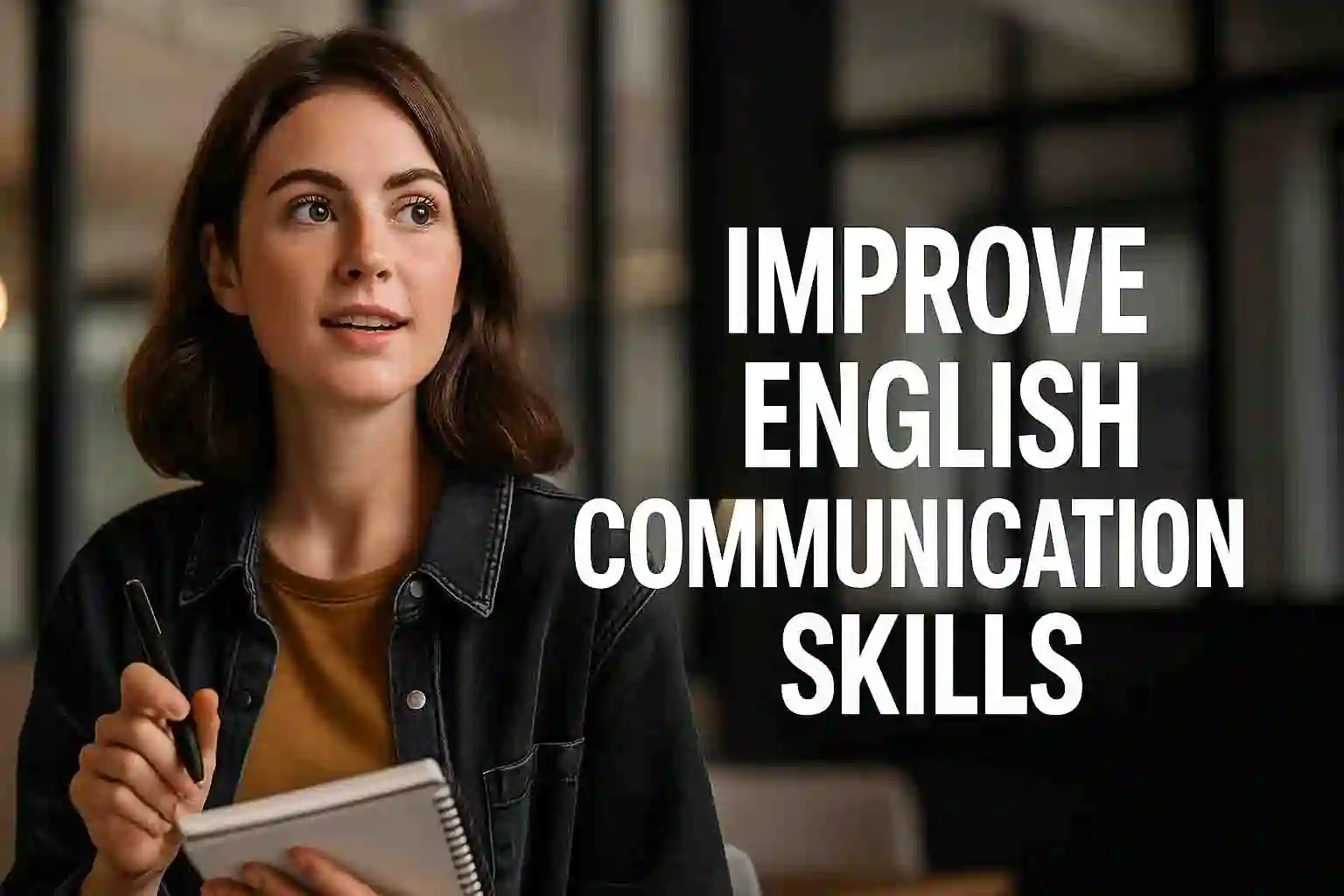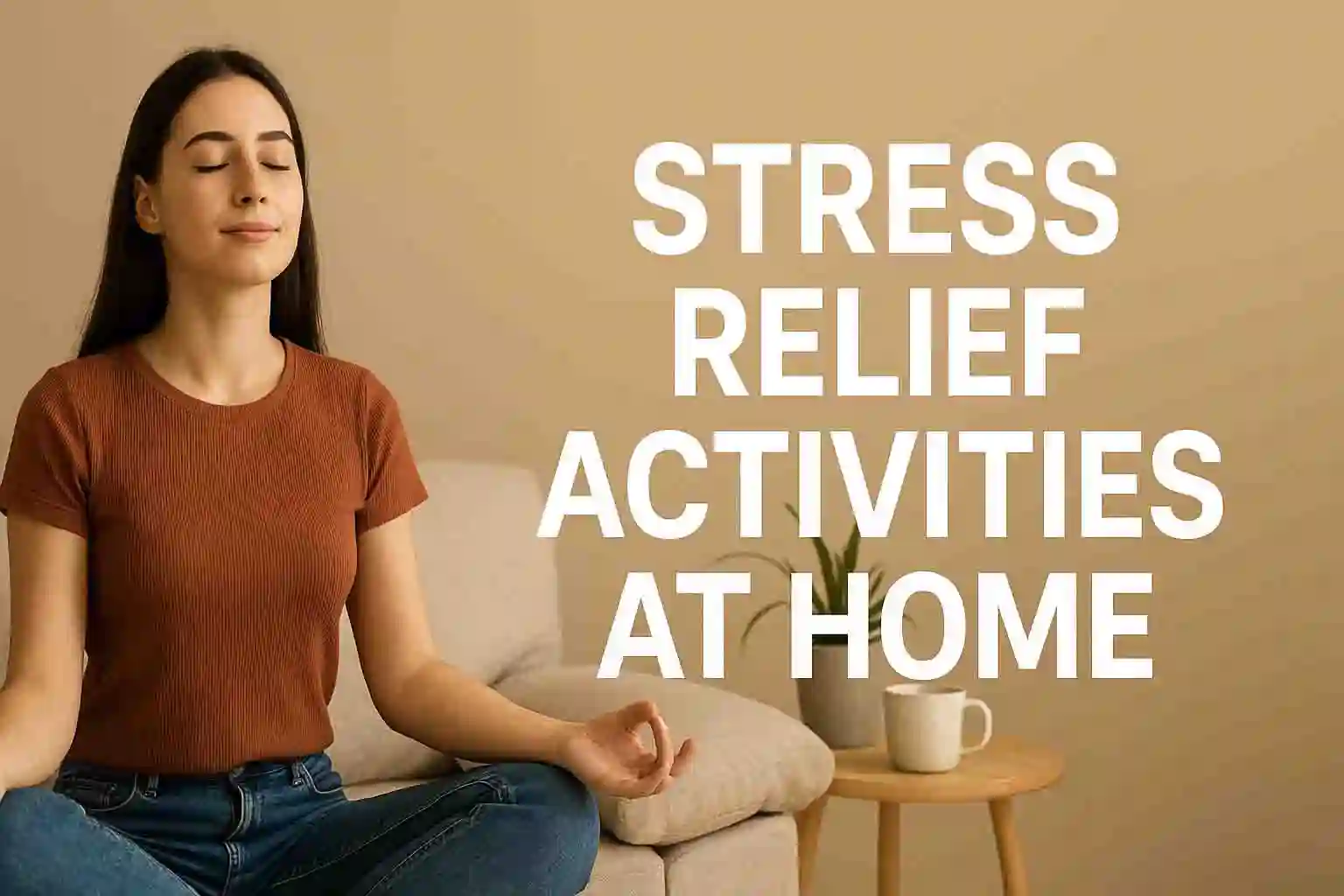Why Nice People Get Hurt in Relationships (And How to Stop It)
1. Learn to Say No (Kindly)
You can say no without being rude. You can protect your time, energy, and emotions without turning into a cold or distant person.
2. Create Emotional Boundaries
You don’t need to share everything with someone right away. Don’t ignore red flags just because you want the relationship to work.
Boundaries are not walls. They are filters. They let in the right people and keep out the wrong ones.
3. Watch for Patterns, Not Promises
Nice people often hold on to promises instead of patterns. But promises mean nothing if the behavior doesn’t change.
Example:
If your partner keeps saying they’ll make more effort, but they never actually do, pay attention. Actions speak louder than sweet words.
4. Practice Self-Respect, Not Self-Sacrifice
Being nice should never mean tolerating disrespect. If someone keeps hurting you and expects you to just forgive and forget, that’s a sign of imbalance.
You are not hard to love. You’re just giving your love to someone who doesn’t value it.
5. Know Your Worth
You define your value by how you treat yourself and what you allow in your life—not by how much you give or how many people like you.
6. Stop Over-Apologizing
Nice people often say sorry even when they’ve done nothing wrong. This slowly trains others to believe they are always at fault.
Next time, instead of saying sorry, say thank you. For example, instead of “Sorry I’m late,” say “Thank you for waiting.”
This small change builds self-confidence and keeps your kindness strong without making you seem weak.
Final Thoughts
Being nice is a beautiful quality, but it needs balance. Love should feel safe, supportive, and equal. If you keep getting hurt in relationships, it’s not because you’re too nice—it’s because your kindness is not protected.
Start putting yourself first without guilt. Speak up. Set boundaries. Say no when needed. And remember: kindness is a strength, not a weakness.
Helpful next step: If you struggle with saying no or fear hurting people by setting limits, be sure to read How to Say No Without Feeling Guilty and Stay Kind to take your power back with love and respect.
Bonus tip for long-term emotional wellness: Use journaling, therapy apps, or even financial planning tools to track your relationship patterns. Many high-earning professionals use tools like budgeting software, mental health trackers, and coaching apps to improve both love and life success.
Share your favorite moments with us on Instagram!
Don’t keep this to yourself—share it with a friend!





